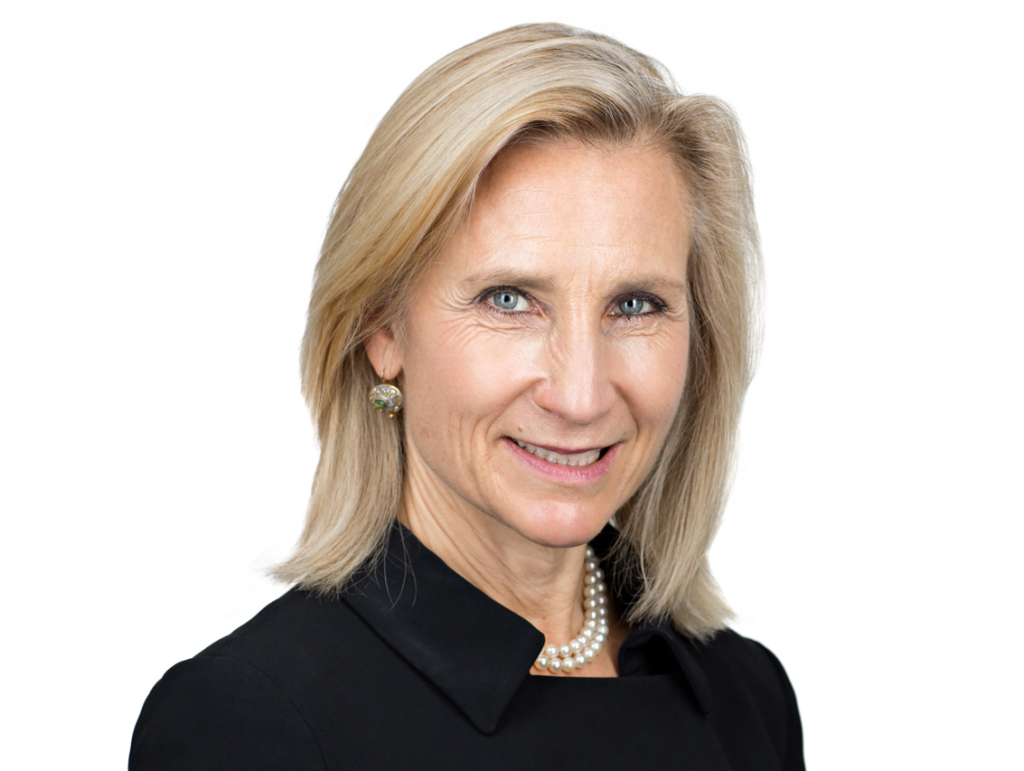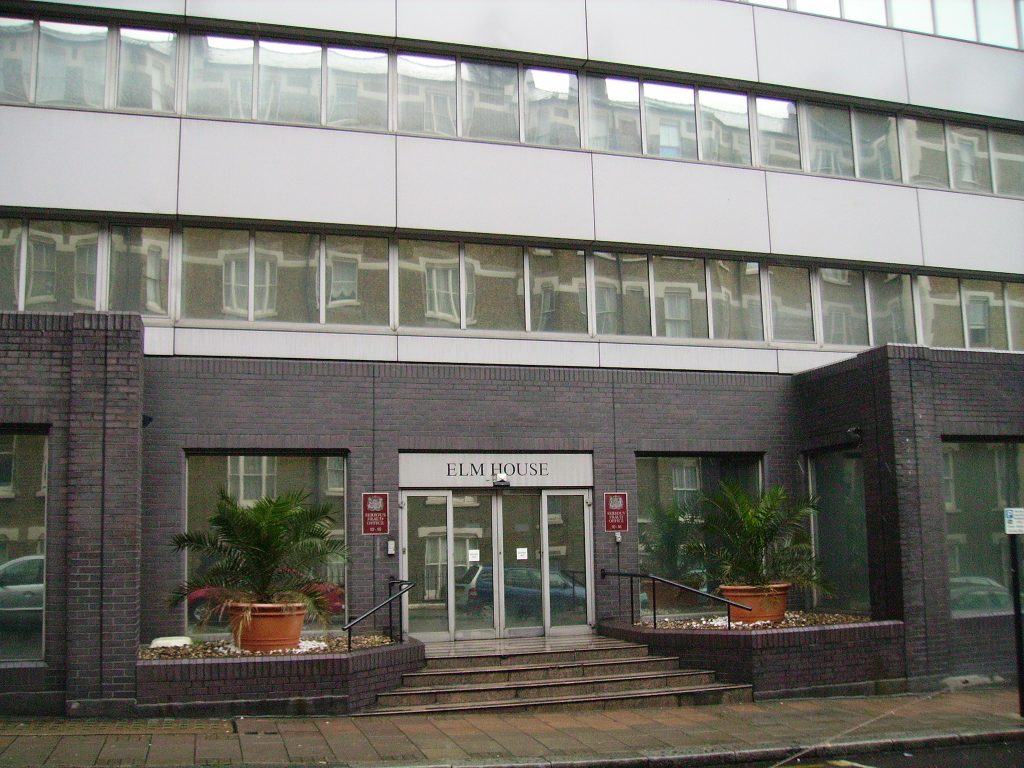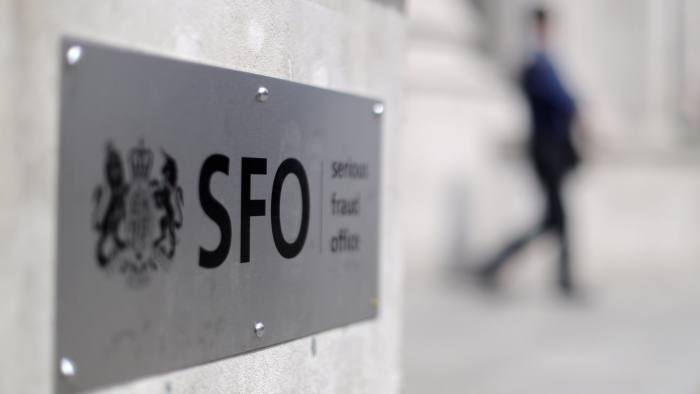Will the SFO be able to stave off further bad news, wonders Martin Kenney?
The UK’s Serious Fraud Office (SFO) is going through some hard times.
The government department that investigates and prosecutes serious or complex fraud and corruption in England, Wales and Northern Ireland has recorded its lowest annual tally of new criminal investigations into corporate misconduct in recent years, as the agency’s caseload continues to shrink.
Figures obtained via a Freedom of Information request show that the anti-fraud prosecutor opened just four new probes in 2021 – its lowest total in over a decade – following two historically lean years where it opened seven and five cases, respectively.
As of mid-November it had approximately 40 cases on its books, down from the 55 reported in 2020 and almost half of the 70 cases the agency said it was handling only three years ago.
“These are difficult times for the agency”
I have previously commented on Lisa Osofsky’s leadership of the SFO. I called into question her belief that UK executives could wear wires to avoid prosecution, as happens in the US (from where her professional experience is drawn, having previously worked for the FBI).
These are difficult times for the agency. It has faced calls for its abolition, after the collapse of a major case last year against two former executives at Serco, an operations company, after the agency failed to disclose documents to the defence, jeopardising the trial.

The Court of Appeal in London has also recently quashed a former Unaoil executive’s bribery conviction, describing the SFO’s refusal to provide the defence with relevant documents as a “serious failure”. The UK’s attorney general has launched an independent review into the situation, saying she would discuss its “implications” with Osofsky.
These all put the SFO director in a very uncomfortable position.
In the Unaoil case, Ziad Akle, 46, was alleged to have paid bribes between 2005 and 2009 to influence the terms of contracts and obtain sensitive information about projects to increase Iraq’s crude oil exports after the overthrow of Saddam Hussein in 2003. The SFO had secured four convictions, including Akle’s, in relation to the Unaoil energy consultancy but did not prosecute the Ahsanis – the family which owned and controlled the company.
In pre-trial disclosure, it emerged that Osofsky and other senior SFO figures had contacts with David Tinsley, a former US Drug Enforcement Administration agent who was acting on behalf of the Ahsanis.
“The original [Unaoil] trial judge criticised Osofsky”
The original trial judge criticised Osofsky for “…potentially trying to use US strategies and tactics that aren’t applicable in the UK”. The judge added that Osofsky had also been naïve and vulnerable to flattery. It was little surprise, therefore, that the case moved onwards to the Court of Appeal.
At the appeal, which delivered its verdict in December, it was alleged that the American fixer, Tinsley, had sought to pressurise Akle into offering a guilty plea. The subsequent quashing of Akle’s conviction came as no surprise to those of us who have been following the case.
The issue of disclosure in criminal maters is not taken lightly by the UK courts, who expect all parties to fight fairly. Any actions considered to be underhand or lacking in due process are likely to have adverse consequences for the side wielding them.
As the panel of three appeal judges unanimously agreed to overturn the conviction, they noted that the SFO had refused to offer any explanation to justify its refusal to provide the defense with documents that would “…illustrate very clearly why it was wholly inappropriate for the SFO to have any dealings with Tinsley in relation to the pleas.”
Justice of Appeal Timothy Holroyde added: “When copies were requested by the defense, they should have been provided. The refusal to provide them was a serious failure by the SFO to comply with their duty (of disclosure).”
“Ziad Akle’s defence lawyer said the SFO director’s position was now untenable”
Ziad Akle’s defence lawyer, Richard Cannon, said the SFO director’s position was now untenable:
“The findings of the Court of Appeal are damning and go to personal and organizational misconduct. The existential threat to the SFO now looms large again. We might well see the exit of the director in a rear-guard action to save itself.”

Fortunately for the SFO and Lisa Osofsky, the Court ruled that it did not find any evidence of an attempted coverup and that there was no dishonesty on the SFO’s part. However, this means that the only explanation remaining for the SFO’s failure to comply with its duty of disclosure was incompetence.
The Court of Appeal judges have pointed the finger directly at Osofsky. She was integral to the involvement of the fixer in Unaoil case, she engaged with him, and according to the trial judge she was even flattered by him. Osofsky cannot lay claim to ignorance.
“The credibility of the SFO as an organisation is called into question now”
Given the culmination of other events and failures, her position may be under threat. Nobody wants to see individuals losing their jobs, but there comes a time when their standing becomes untenable.
The credibility of the SFO as an organisation is called into question now: such is the damage it has inflicted upon itself, it may be that the organisation itself – and not just its head – is also under threat.
With thanks to Tony McClements, Senior Investigator at Martin Kenney & Co, for his assistance.
 Martin Kenney is Managing Partner of Martin Kenney & Co., Solicitors, a specialist investigative and asset recovery legal practice based in the BVI, focused on multi-jurisdictional fraud and corruption cases. He is a 2014 recipient of the ACFE’s Cressey Award for lifetime achievement and rated by Chambers & Partners and Who’s Who Legal as one of the world’s leading asset recovery lawyers.
Martin Kenney is Managing Partner of Martin Kenney & Co., Solicitors, a specialist investigative and asset recovery legal practice based in the BVI, focused on multi-jurisdictional fraud and corruption cases. He is a 2014 recipient of the ACFE’s Cressey Award for lifetime achievement and rated by Chambers & Partners and Who’s Who Legal as one of the world’s leading asset recovery lawyers.

